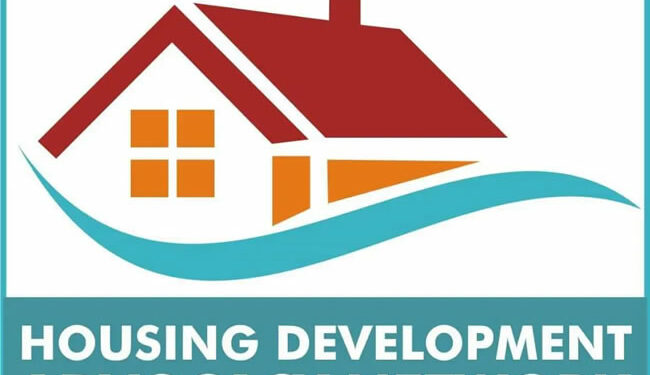Worried by the unimpressive growth of the real estate sector, Housing Development Advocacy network and other stakeholders are demanding the immediate passage of at least 11 housing and mortgage-related bills pending before the National Assembly.
These bills, if eventually passed into laws, according to them, would impact positively on the real estate sector by guaranteeing huge local and foreign investments in the housing and mortgage industries.
Stating the importance of these bills to the sector while tasking the 10th National Assembly on speedy passage into laws, Managing Director/Chief Executive Housing Development Advocacy Network, Mr. Festus Adebayo, pointed out that no good investor would invest in the real estate sector that does not have the requisite laws to guarantee investment.
He said that findings have shown that the bills have been before the lawmakers for 10 years.
According to him, while many of the bills have not been read, a few have passed through second reading without further action.
These bills include the Land Use Act 1978; Mortgage Banks Act 1989 (Subsumed in BOFIA); Federal Mortgage Bank of Nigeria (FMBN) Act 1993; the Trustees Investment Act 1962; and the Nigeria Social Insurance Trust Fund (NSITF) Act 1993.
The National Housing Fund (NHF) Scheme Act 1992 was actually amended, passed and sent to the President for assent, but it was declined after the realisation that the bill was defective and put together without a wide consultation and input from all relevant stakeholders.
Others are the Insurance Act 2002; Investment and Securities Act 1999; Federal Housing Authority (FHA) Act 1990; Securitization Bill; Foreclosure Law Bills – Residential Mortgage Act and Residential Mortgages (Incentives) Act, among others. Adebayo stated that no effective mortgage system would be possible in the housing sector without reviewing and amending some sections of the Land Use Act of 1978.
Adebayo, who is also the Convener of Africa International Housing Show (AIHS), pointed out that without foreclosure law, developers would continue to be at risk of selling via mortgage or on instalment payment, saying this calls or urgent passage of the bills.
Many other experts, who spoke at one time in the past concerning the bills, called the attention of members of National Assembly to these very important and much needed legislations.
The experts included former Managing Director, Lagos State Property Development Corporation, John-Bede Anthonio; Chairman, HOB Estates Limited, Olusegun Bamgbade, Anthonio said that non-passage of the bills had impeded the development of mortgage and housing for the average Nigerian.
According to him, it would be difficult to attract investments into housing and mortgage sectors without proper regulations.
Anthonio said “If you don’t have laws to govern, how can investors invest in the housing market, which is huge?”
Presently, Nigeria is in shortage of over 17 million housing deficit and would require one million units yearly in the next 20 years to bridge the gap.
Some of the challenges to affordable housing provision in the country include difficulty in accessing buildable land, lack of virile secondary mortgage system, weak regulations, high cost of building materials, and lack of capacity in modern building technology, high cost of fund and foreclosure laws among others.
According to experts, factors holding down real estate sector are multifaceted, blaming absence of funds, unhealthy politics and victimisation of political opponents, among others.
Antonio lamented that the sector was being held down by high inflation, double-digit interest, lack of mortgage system and high construction’s cost. Besides, he said scarcity of land, absence of infrastructure, unenlightened public, low purchasing power accommodation seekers and high cost of housing units were also inhibiting factors.
Chairman, HOB Estates Limited, Olusegun Bamgbade, stated that apart from inadequate funding, which he said was a major factor, nepotism in the disbursements of the little available funds by the relevant authorities, was a major concern.
For this reason, he said Nigeria’s mortgage market has remained in slow growth.

































